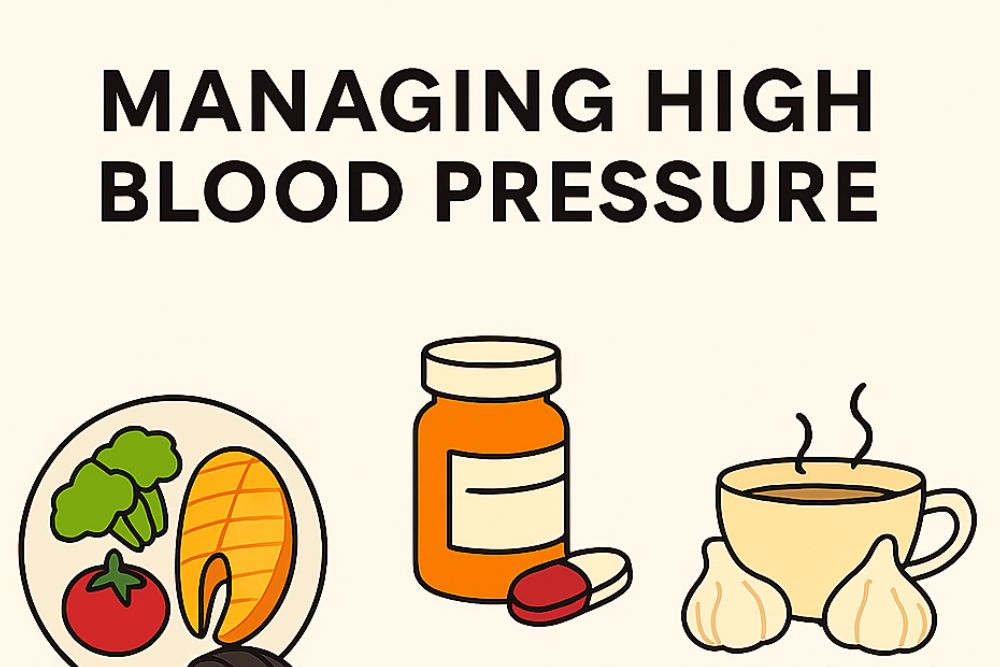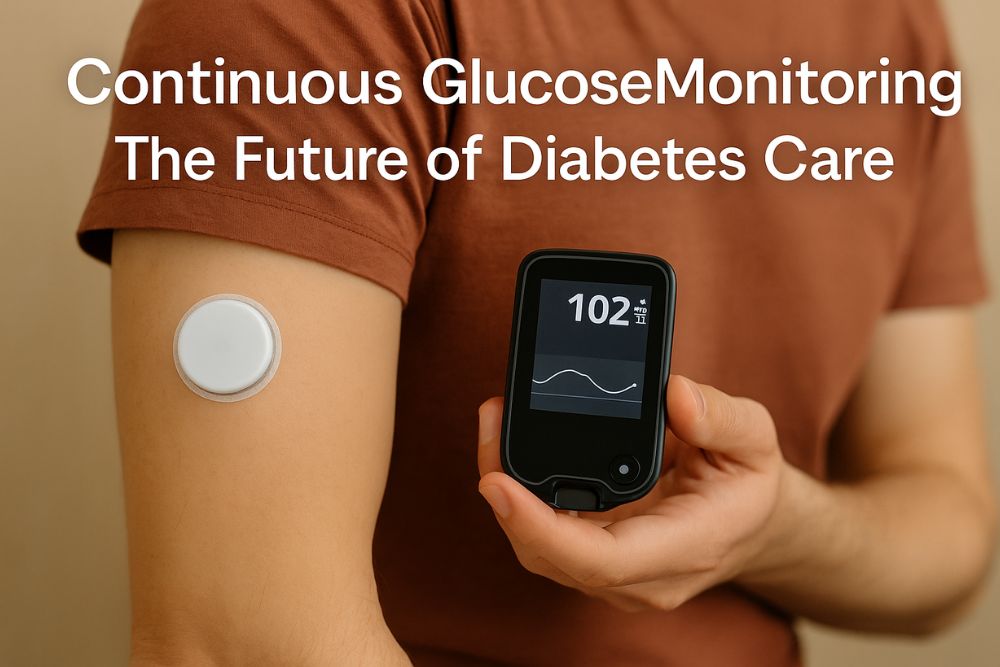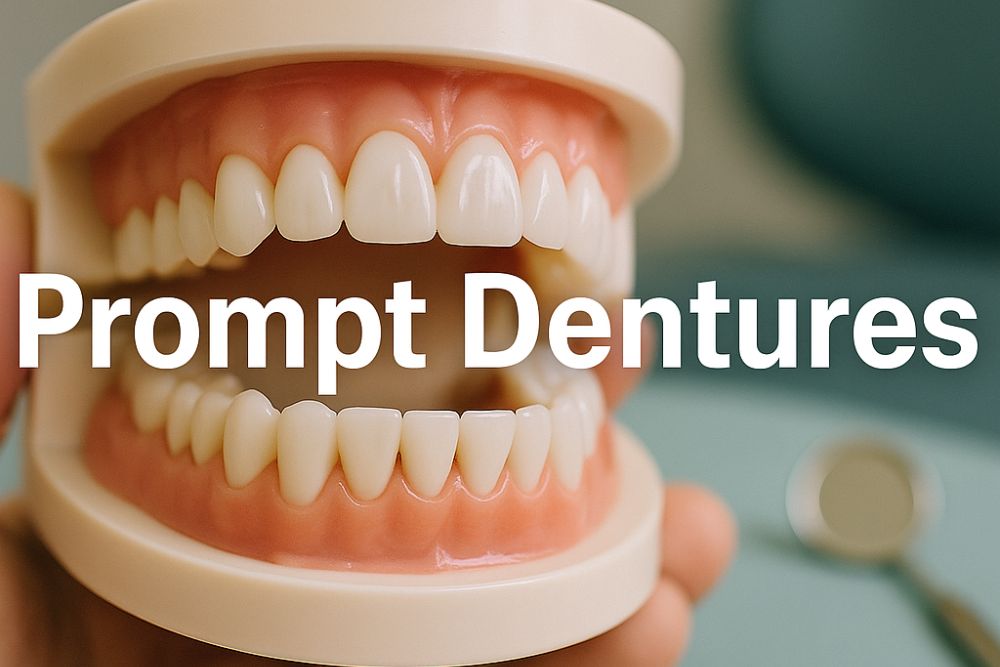Effective Approaches to Hypertension: Lifestyle Changes and Medication
Maeve Kennedy
2025-11-01
6 min read

Managing high blood pressure often requires a two-pronged approach: lifestyle changes and, when needed, medication.
1. Lifestyle Changes
Simple, consistent adjustments to your daily routine can make a big difference.
- Follow the DASH Diet: The Dietary Approaches to Stop Hypertension (DASH) plan emphasizes heart-healthy foods like fruits, vegetables, whole grains, lean proteins, and low-fat dairy. It also limits sodium (salt), sugar, and saturated fats.
- Stay Active: Regular exercise strengthens your heart, which helps it pump blood more efficiently. Aim for 150 minutes of moderate activity (like brisk walking or swimming) per week.
- Maintain a Healthy Weight: Even losing just 5-10% of your body weight can help lower blood pressure significantly.
- Limit Sodium: Keep sodium intake to 1,500-2,300 mg per day (about 1 teaspoon of salt).
- Reduce Alcohol Intake: Excessive alcohol consumption can raise blood pressure. Stick to no more than one drink per day for women and two for men.
2. Natural Treatments for Hypertension
In addition to lifestyle changes, certain natural remedies may provide additional benefits.
- Herbal Supplements:
- Garlic Extract: May help relax blood vessels and lower blood pressure.
- Hibiscus Tea: Rich in antioxidants, it has been shown to reduce systolic blood pressure in some studies.
- Omega-3 Fatty Acids: Found in fish oil, these can help reduce inflammation and support heart health.
- Stress Reduction: Chronic stress can elevate blood pressure. Techniques like:
- Meditation
- Yoga
- Deep Breathing Exercises
- These can help relax your mind and body, bringing blood pressure down.
Important: Always consult your doctor before starting any supplements or alternative treatments, as they may interact with medications.
3. Medications
If lifestyle changes alone aren’t enough, your doctor may prescribe medication to help control your blood pressure. Common types include:
- Diuretics: Also called "water pills," these help your body eliminate excess sodium and fluid, reducing pressure on your arteries.
- ACE Inhibitors: Prevent the production of a hormone that narrows blood vessels, helping them relax and reduce blood pressure.
- Calcium Channel Blockers: Keep your blood vessels open and reduce the heart’s workload.
- Beta Blockers: Slow your heart rate and lower blood pressure, often prescribed alongside other medications.
Stay Ahead of Hypertension
The best way to prevent complications is to monitor your blood pressure regularly and take action early. Hypertension is manageable with the right care, and even small steps—like adding more fruits to your diet or taking a short walk every day—can have a big impact over time.
If you’ve been diagnosed with hypertension or suspect you may have it, reach out to your doctor to create a personalized plan. Taking control of your blood pressure now can save you from bigger health problems down the road.
Sources
- American Heart Association. Understanding Blood Pressure Readings.
- Mayo Clinic. High Blood Pressure (Hypertension).
- National Institutes of Health. Dietary Approaches to Stop Hypertension (DASH).



